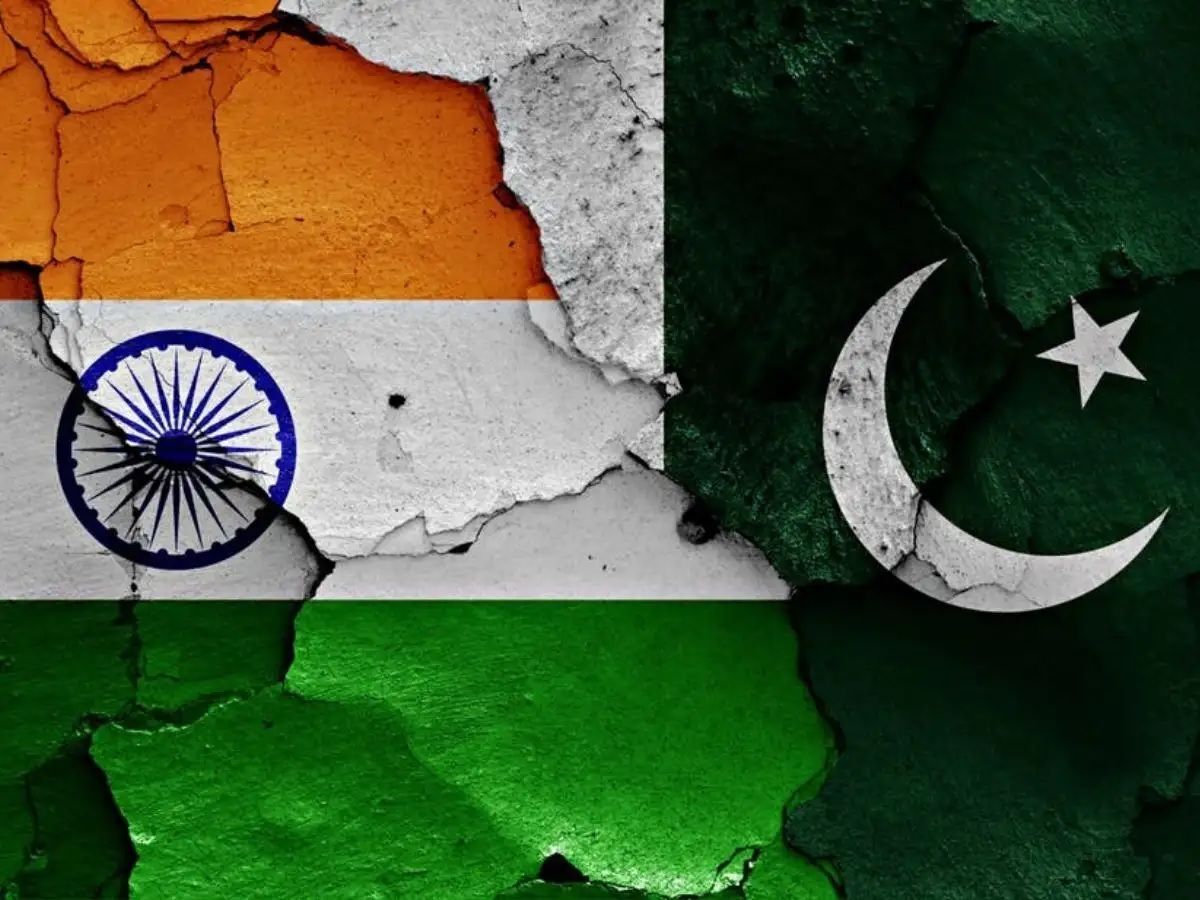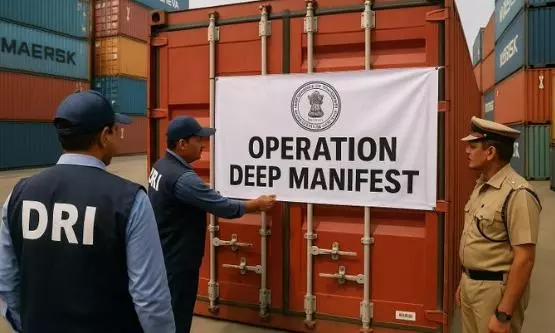
Pakistan welcomes PCA ruling on Indus dispute; India calls it illegal
text_fieldsIslamabad: Pakistan on Saturday welcomed a ruling by the Permanent Court of Arbitration (PCA) in The Hague regarding two hydroelectric projects in Jammu and Kashmir, and expressed readiness to resume dialogue with India over the Indus Waters Treaty (IWT).
In a statement issued early Saturday, Pakistan stressed that the "high priority" at this stage is for both nations to "find a way back to a meaningful dialogue, including on the application of the Indus Waters Treaty."
India, however, strongly rejected the ruling on Friday, asserting that it has never recognised the framework used for dispute resolution with Pakistan. The Ministry of External Affairs (MEA) dismissed the verdict as a "so-called supplemental award" concerning Pakistan’s objections to the Kishenganga and Ratle hydropower projects.
According to the Court of Arbitration, India’s decision in April to place the Indus Waters Treaty in abeyance “does not limit” the court’s jurisdiction, and its ruling is binding on both parties.
India has maintained its position that the proceedings at the PCA are invalid. It argues that Pakistan's objections to certain design elements of the Kishenganga and Ratle projects fall outside the scope of legitimate arbitration under the Indus Waters Treaty provisions.
In contrast, Pakistan described the ruling as a “major legal win”, stating that it sent a “clear message that India cannot unilaterally suspend or sideline the treaty.”
The MEA responded sharply, describing the arbitration process as “a charade at Pakistan's behest” and “another desperate attempt” to deflect attention from its alleged role as the "global epicentre of terrorism."
India further accused Pakistan of consistently manipulating international forums. "Pakistan's resort to this fabricated arbitration mechanism is consistent with its decades-long pattern of deception and manipulation of international forums," the MEA said.
India has declared the Court of Arbitration—purportedly established under the Indus Waters Treaty of 1960—as illegal and in clear violation of the treaty itself. The MEA stated that the court has issued what it calls a “supplemental award” regarding its competence over the Kishenganga and Ratle hydroelectric projects in the Indian Union Territory of Jammu and Kashmir.
“India has never recognised the existence in law of this so-called Court of Arbitration,” the MEA asserted. “India’s consistent position has been that the constitution of this arbitral body is in itself a serious breach of the Indus Waters Treaty, and hence any proceedings or decisions made by it are illegal.”
India took several punitive measures against Pakistan following the April 22 terror attack in Pahalgam, including placing the 1960 Indus Waters Treaty in abeyance.
"Following the Pahalgam terrorist attack, India has, in exercise of its rights as a sovereign nation under international law, placed the Indus Waters Treaty in abeyance until Pakistan credibly and irrevocably abjures its support for cross-border terrorism," the MEA stated.
“Until such time as the treaty remains in abeyance, India is no longer bound to perform any of its obligations under the treaty,” the ministry added.
The MEA further emphasised that no arbitral body—especially one it deems illegally constituted—has the jurisdiction to review the legality of India's sovereign actions.
“No court of arbitration, much less this illegally constituted arbitral body which has no existence in the eye of law, has the jurisdiction to examine the legality of India’s actions in exercise of its rights as a sovereign,” the MEA concluded.
With PTI inputs














